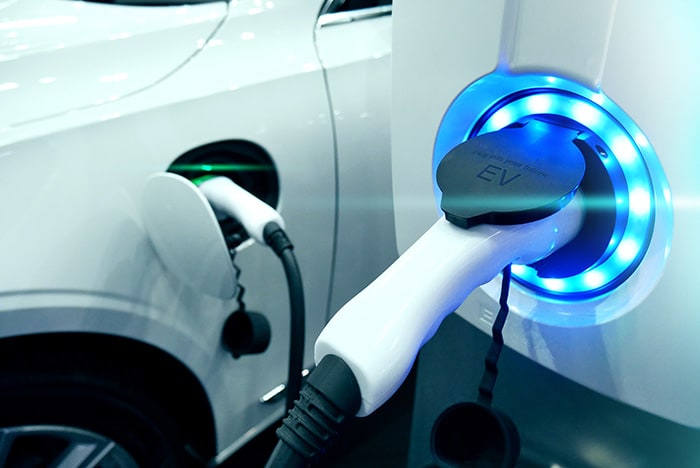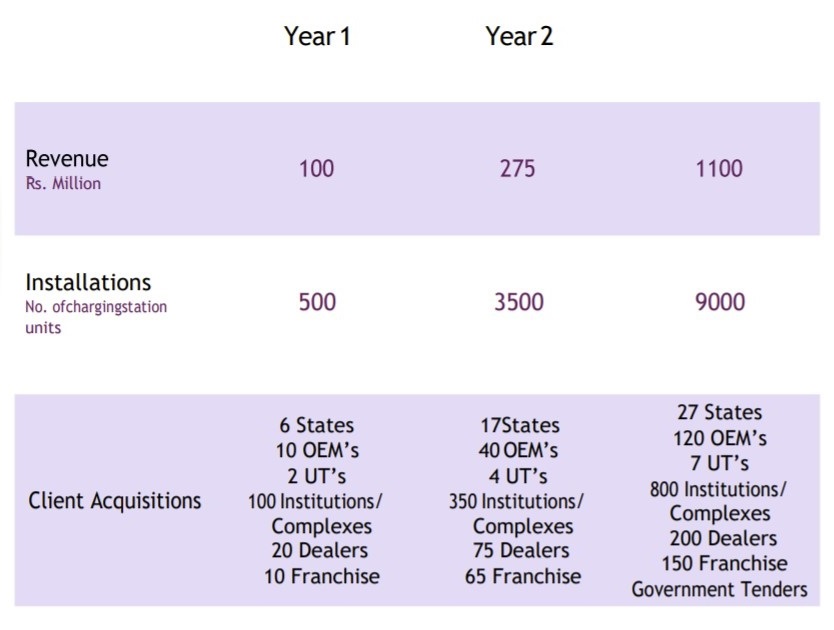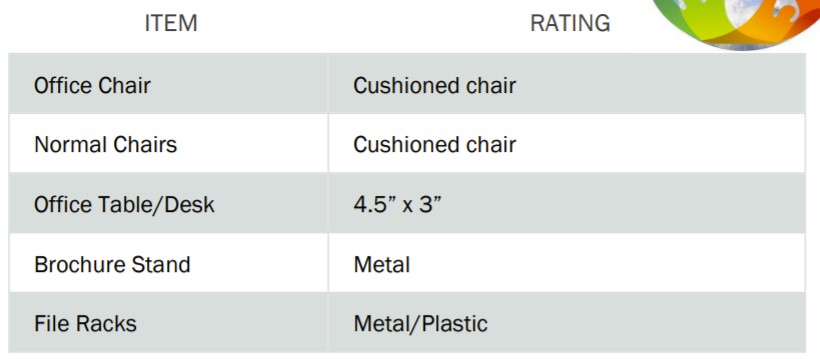- Phone: +91 73877 85095
- Email: info@jwit.in

EV Technologies
Our Legacy
Providing Full Range EV Soultions Worldwide.
20+ Designs Delivered
6 EV Charging Stations Setup
10+ Dealers
6 B2B Clients Acquired

Why EV Charging?
Pushing The Boundaries Of What’s Possible With EV Technologies
70% dip in pollution due to reduced number of vehicles on road
All Automobile companies are launching EV’s
Cost of ownership is much lesser than IC engine vehicles (No maintenance, cheap fuel)
Stop,Swap,Go!
Battery Swapping Stations
Literally #Stop #Swap & #Go
Swapping technology drastically decreases the waiting time through its under 3-minute interchange of batteries versus 1.5-2 hours minimum for charging solution.
Swapping a battery takes only a few minutes, which eliminates the drivers’ need to wait for too long while the vehicle is being charged. Battery swapping also helps in addressing the problem of high upfront cost of EVs. By using swapping technology, the battery can be separated from the vehicle and the owner is not required to own it. Instead, it can be owned by energy operators. These operators will offer a charged battery, in exchange for a depleted one, as service. The operators will purchase the batteries, charge them and lease them to EV owners at convenient battery swapping stations.
An EV owner can sign up with one such energy operator and take charged battery on lease from them. Thus, by separating the vehicle from its battery, the upfront cost of the an EV comes down to levels competitive to internal combustion engine (ICE) counterparts, enabling higher demand of EVs and supporting the growth of the battery swapping market.
Several companies are primarily focusing on offering battery swapping technology for small light vehicles. Swapping of batteries can be done manually for small light vehicles, which includes two-wheelers and three-wheelers, since they have light weight batteries. However, four-wheelers, including cars and buses, with heavier batteries, will need mechanical or automated swapping.
Insanely Fast Experience
Super Efficient
Better Than Fast Chargers





















